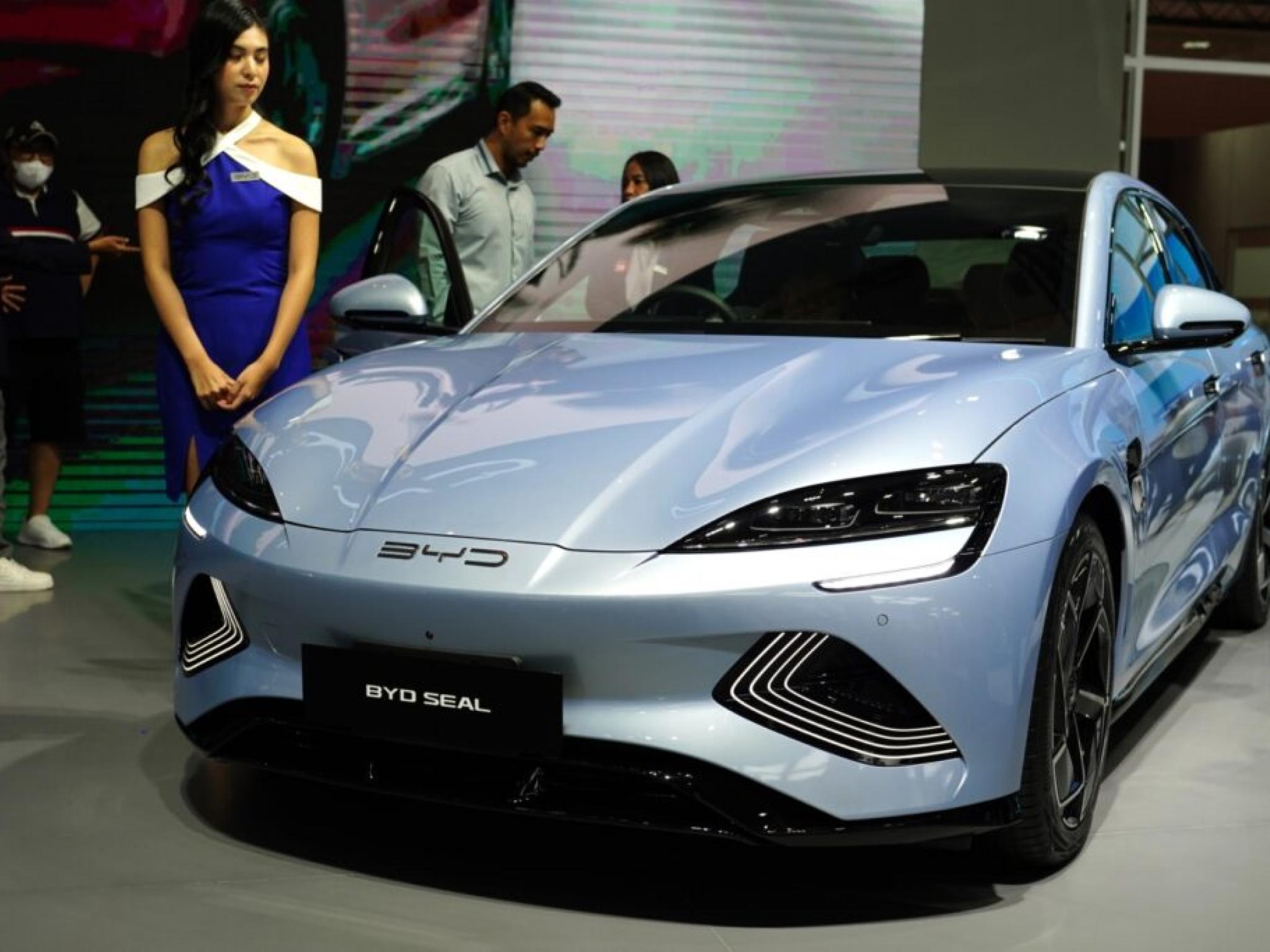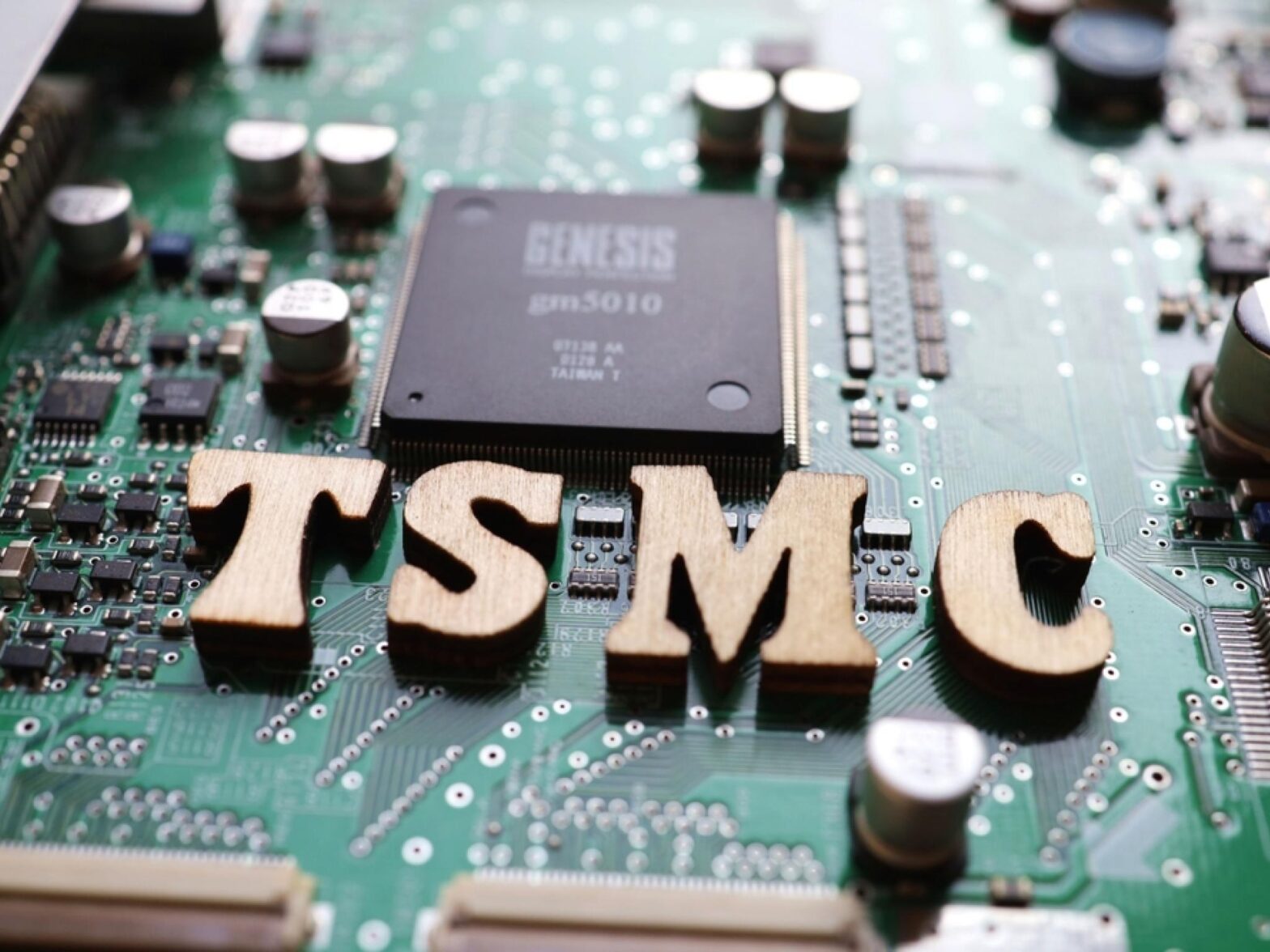US Automakers Are Having Nightmares About A $10K Chinese EV That Isn’t Even On American Soil Yet

BYD Co Ltd‘s (OTC:BYDDF) (OTC:BYDDY) Seagull, a compact electric vehicle (EV) from China, is making waves in the global automotive scene. Its competitive pricing and potential to disrupt auto markets globally have caught the attention of industry executives and politicians alike.
What Happened: As reported by CNBC on Thursday, the Seagull, retailing under $10,000 in China, is driving profits for BYD, a success that many U.S. automakers have yet to achieve with their EVs.
This, along with the Chinese automaker’s expansion into Europe, Latin America, and other regions, has put global automotive leaders and politicians under pressure.
Despite its absence in the U.S. market, BYD’s global reach has sparked concerns among automakers that Chinese competitors could undercut domestic production and vehicle prices, potentially damaging their own auto industries.
The Alliance for American Manufacturing, a U.S. manufacturing advocacy group, cautioned last month that the influx of inexpensive Chinese autos could be a “catastrophic event for the U.S. auto sector.”
See Also: Amid the ongoing EV revolution, previously overlooked low-income communities now harbor a huge investment opportunity.
Why It Matters: Warren Buffett-backed BYD sold 1.57 million battery EVs last year, outpacing Tesla to become the world’s largest producer of electric vehicles in late 2023. The company’s growth has been driven by shipping more vehicles outside China, with overseas markets accounting for about 10% of BYD’s over 3 million sales last year.
BYD has maintained that its success is due to its battery technology, internal sourcing, and production of parts, and not heavy subsidies from China. The company has developed lower-cost battery technologies that are more affordable to manufacture than the lithium-ion batteries typically used in U.S. EVs.
However, for BYD to introduce the Seagull in the U.S., it would have to comply with U.S. federal vehicle requirements, which would add additional costs to the car. Despite this, the EV could still land on U.S. shores for significantly less than the current average price of an EV in the U.S., which is over $52,000 according to Cox Automotive.
Check out more of Benzinga’s Future Of Mobility coverage by following this link.
Read Next: Xiaomi’s First Electric Vehicle SU7 To Be Priced Below $70,000
Photo via Shutterstock
Engineered by
Benzinga Neuro, Edited by
Ramakrishnan M
The GPT-4-based Benzinga Neuro content generation system exploits the
extensive Benzinga Ecosystem, including native data, APIs, and more to
create comprehensive and timely stories for you.
Learn more.





